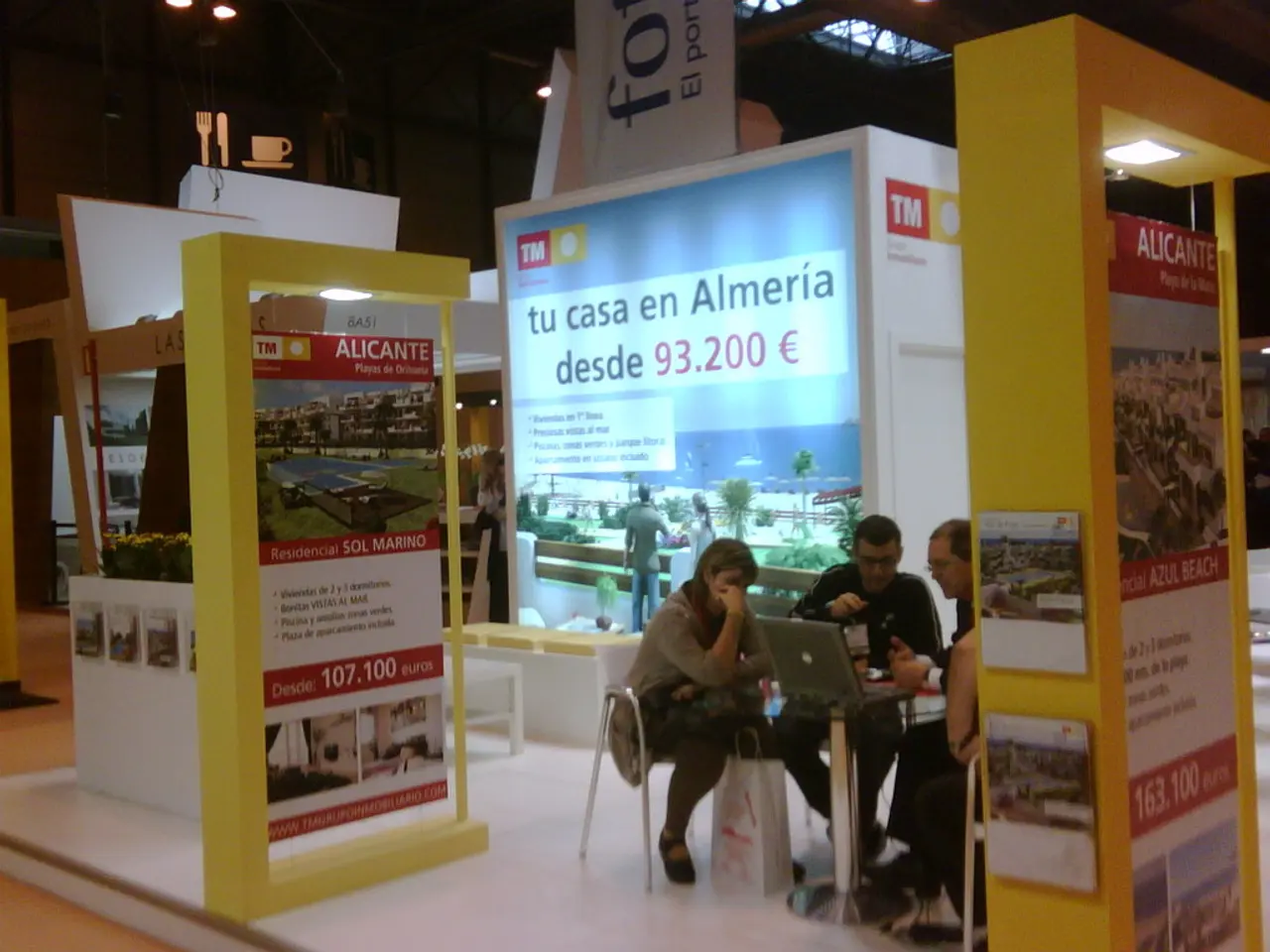Swiss authorities secure landmark carbon credit agreement with Ghana's Wahu Mobility, marking a significant milestone in combatting global carbon emissions.
In a groundbreaking move, Ghanaian electric bike startup Wahu Mobility has secured a carbon credit deal with Switzerland, marking the second global e-mobility transaction under the Article 6 carbon market of the Paris Agreement.
This deal, which positions Ghana as a key player in the global carbon market, has far-reaching implications for both the environment and the economy.
Paving the Way for Cleaner, Electric Mobility
The deal supports Ghana’s transition to cleaner, electric mobility by incentivizing the deployment of electric bikes. By replacing fossil-fueled motorbikes, one e-bike can reduce over 1.5 tons of CO2 annually. Wahu Mobility plans to deploy 117,000 e-bikes over the next five years.
Financial and Market-Based Support for Green Growth
The deal provides financial and market-based support to scale Wahu Mobility’s operations. With plans to roll out 115,000 electric bikes, thousands of entrepreneurs, especially youth, will benefit economically from green transport solutions.
Driving Climate-Smart Development and Sustainable Jobs
The deal exemplifies how carbon markets under Article 6 can be leveraged to drive climate-smart development that creates sustainable green jobs. The project targets 752,684 tons of CO2 equivalent in avoided emissions by 2030, improving livelihoods and fostering local industries in manufacturing, logistics, and technology, with inclusive impacts for women and graduates.
International Cooperation for Climate Mitigation
For Switzerland, purchasing carbon credits from a project like Wahu enables compliance with their emission targets through verified emission reductions abroad under Article 6. This encourages international cooperation for climate mitigation.
A Boost for the Global South's Clean Energy and Mobility Projects
More broadly, this deal encourages the growth of carbon markets as tools to finance clean energy and mobility projects in the Global South, fostering both climate and socioeconomic benefits.
Ghana's Position as a Carbon Finance Leader
With the success of the Wahu project, Ghana is poised to become a carbon finance leader on the continent. Ghana has set up a carbon registry and approval committee to position itself as a key Article 6 hub.
Accelerating the Energy Transition
Michael Abrokwaa, Klik's Ghana GM, stated that the deal will accelerate the energy transition by bringing in technologies that wouldn't have happened in the next five years.
Establishing Integrity for Demand
Establishing integrity is essential for unlocking demand from corporate buyers and governments, according to Layla Khanfar, a research associate at BloombergNEF. Maintaining rigorous standards and successfully executing early deals are crucial for Ghana to maintain its position as a carbon finance leader on the continent.
Ghana's Ambitious Emission Reduction Goals
Ghana aims to sell 24 million tons of CO2 credits under Article 6. Switzerland aims to cut emissions by 65% by 2035 (vs. 1990 levels). The project took two years to get validated and approved by both countries.
The Role of Africa in the Global Carbon Market
The deal could accelerate Africa's role in the global carbon market while enabling cleaner transport solutions for thousands of local delivery riders. Much of Switzerland's carbon credit buying is done through the Klik Foundation, funded by Swiss fuel importers.
- This carbon credit deal with Switzerland for Wahu Mobility's electric bike project not only benefits the environment by incentivizing cleaner, electric mobility and reducing over 1.5 tons of CO2 annually per e-bike, but also economically supports thousands of entrepreneurs, particularly youth, through the scale-up of green transport solutions.
- The successful execution of this carbon market deal under Article 6 of the Paris Agreement serves as a prime example of how financial and market-based support can be used to drive climate-smart development, creating sustainable jobs, and fostering industries in manufacturing, logistics, and technology.
- Ghana, with its ambitious emission reduction goals, is positioning itself as a key player in the global carbon market and a carbon finance leader on the African continent through projects like Wahu, which contributes to the global effort in combating climate change and provides opportunities for clean energy and mobility in the Global South.




